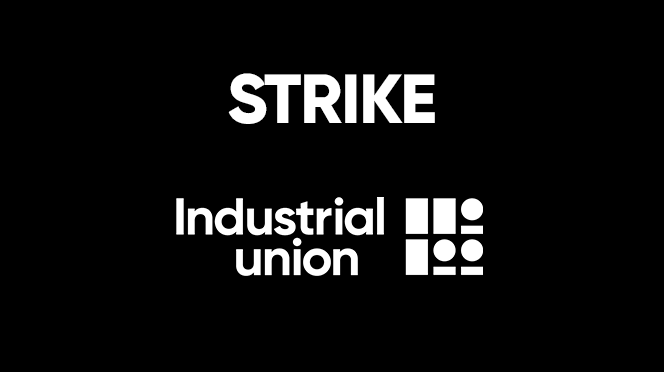Industrial Union submits first strike warning to Technology Industry Employers of Finland
On 18 November 2024, the Industrial Union submitted its first strike warnings to Technology Industry Employers of Finland. The disputes between the parties relate to the new collective agreement under negotiation in its entirety. Riku Aalto, President of the Industrial Union, could see no option but to submit a strike warning. According to Aalto, negotiations have barely progressed in two months.
“It has become apparent that the negotiations are leading nowhere. This is why we submitted our first strike warning to the employers today.”
Aalto emphasises that the strike warning is not solely because of disputes surrounding a pay rise.
“It is about the entire package, not just the pay. The negotiations had already begun to stagnate before the target pay rise was announced.”
Pay rises are essential for improving purchasing power
The Industrial Union aims to secure a two-year pay solution in the collective agreement negotiations, with wages and salaries rising by 6 per cent in the first year and 4 per cent in the second year. The pay rises seek to reinforce purchasing power, given that workers have suffered a sharp decline in purchasing power in recent years.
“Claims have been aired that the targeted pay rises are some form of revenge against Finland’s government for its attacks on standards in working life. This is not true. The pay rise target was set at a level that would strengthen workers’ purchasing power. So far this autumn, we have made several detailed collective agreements with cost impacts close to the pay rise target we announced,” Aalto says.
“The employers think our target is totally unrealistic. Their reaction is somewhat surprising, as solutions with similar targets have already been agreed upon in this round of negotiations,” Aalto continues.
“Announcing a pay rise target publicly is normal practice in countries like Sweden. Raising the transparency of negotiation targets is a step towards adopting the Swedish model, a change employers have often hankered after,” says Aalto.
The pay rises agreed upon in Finland in recent years have been moderate, especially compared to Finland’s key competitor countries. The increase in labour costs in Finland has been the second lowest in Europe over the past three years. This supports the possibility of pay rises to boost purchasing power without undermining competitiveness.
“This is a multi-year trend, which we are correcting. Although inflation has fallen, the impact of high inflation in recent years on the purchasing power of workers has not gone away. We should not forget that strengthening purchasing power will also increase domestic demand, which also drives employment,” Aalto points out.
“When we look at the agreements in Finland’s competitor countries, we must understand that, for example, the solution agreed upon in Germany has a cost impact of over 7 per cent, while the effect of the Swedish industrial union’s negotiation target is 8.4 per cent over two years,” Aalto notes.
Duration and location of industrial action
The collective agreement for the technology industry is due to expire on 30 November 2024. Walkouts will take place in specific establishments on 3 December 2024. The strike warning concerns 13 companies and a total of 25 establishments. See the Industrial Union’s website for more details about the companies and establishments affected by the strike warning. The establishments where strikes will occur are listed here.
The walkouts at specific establishments will not apply to emergency work or work necessary to protect life and health.

